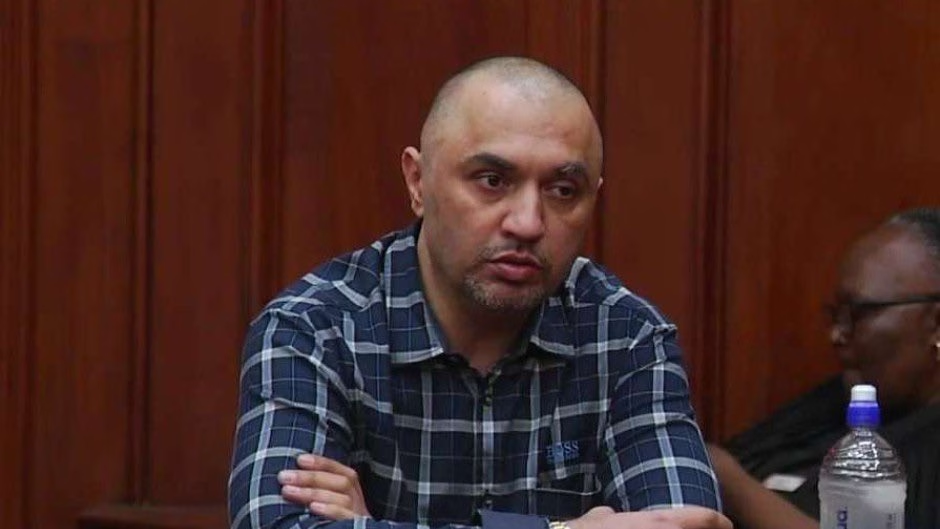Cape Town’s alleged underworld figure, Nafiz Modack, has been handed a seven-year prison term after being convicted of bribing a senior police officer. The case has drawn significant public attention, not only because of Modack’s notoriety, but also because of the broader questions it raises about corruption within law enforcement.
The 44-year-old Modack was found guilty of paying R146,000 to Brigadier Kolindren Govender. Prosecutors argued that this payment was made in exchange for preferential treatment, shielding Modack from the full weight of the law.
“Modack acted with common purpose by paying gratification totalling R146,000 to Govender in return for special treatment,”
said Hawks spokesperson, Lieutenant Colonel Siyabulela Vukubi.
The Cape Town Regional Court delivered its ruling on Friday, confirming Modack’s sentence.
The trial detailed how the Hawks’ serious corruption investigation unit uncovered a scheme between Modack and Brigadier Govender. Evidence showed that Govender used his authority to extend protection to Modack, particularly in matters concerning the businessman’s assets.
One example highlighted in court was Govender’s direct intervention to stop the seizure of Modack’s Mercedes-Benz, a car that was under scrutiny as part of broader investigations into his alleged criminal dealings.
This intervention went beyond protecting a luxury vehicle. Prosecutors emphasised that such interference hindered legitimate police work, disrupting collaboration between different SAPS units.
The case did not occur in isolation. Modack has previously been arrested in connection with the murder of anti-gang unit detective Lieutenant Colonel Charl Kinnear, a high-profile killing that shocked South Africa and raised concerns about the vulnerability of officers confronting organised crime.
While the present conviction relates specifically to bribery, it underscores the challenges facing the justice system when senior officers themselves are implicated in corruption. The judgment has prompted difficult questions about the extent to which unlawful networks can exploit weaknesses within law enforcement structures.
The Hawks maintained that Govender’s conduct prevented officers from the SAPS Paarl vehicle identification section from working closely with Cape Town Central investigators. This breakdown, they argued, was not a small administrative hurdle but a deliberate obstruction that slowed the progress of crucial cases.

















